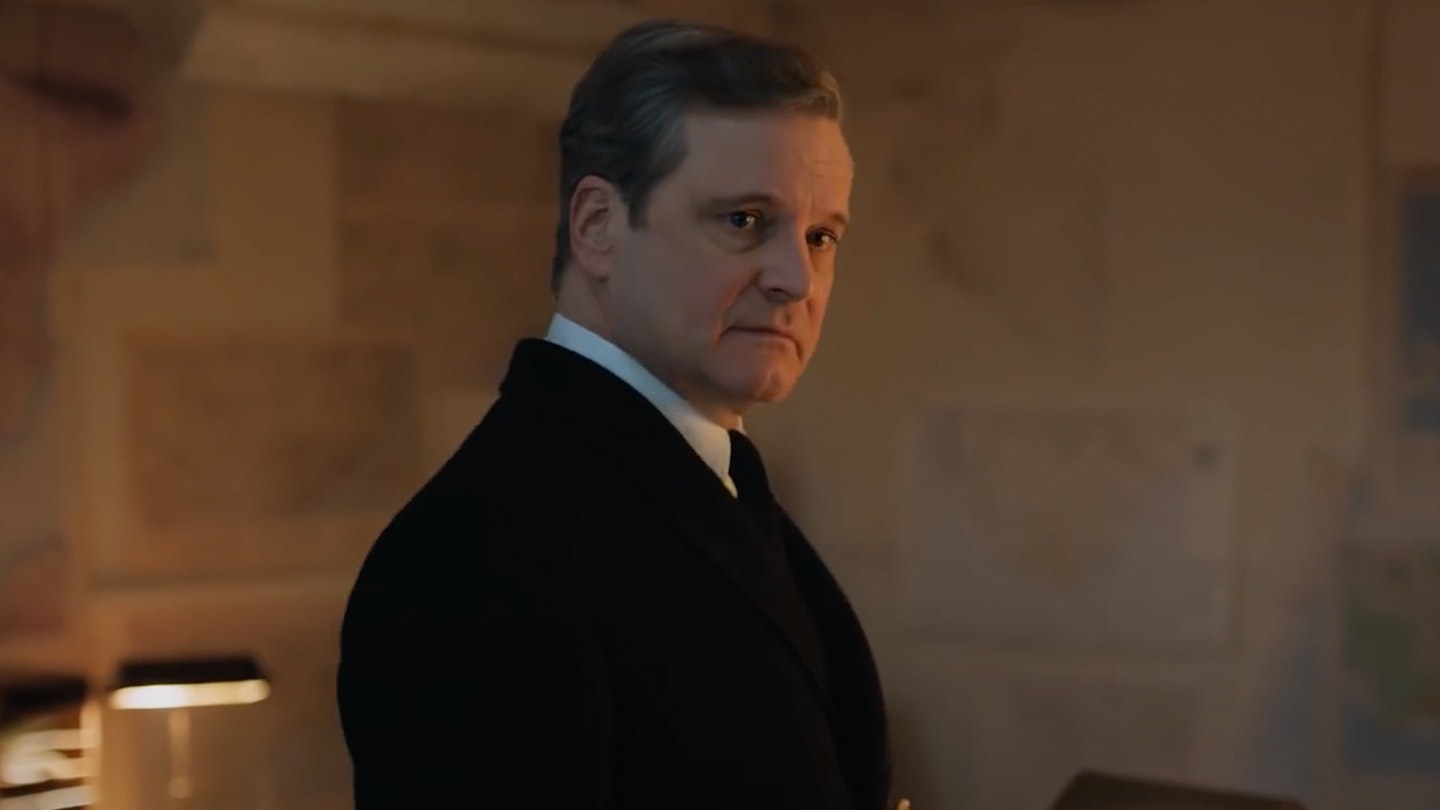War is a serious business. But it’s also a time where the weirdest ideas can win out if they might help get an advantage over the opposition. That’s precisely what you could say of the titular tactical mission undertaken in John Madden’s upcoming World War II dramaOperation Mincemeat. The film stars Colin Firth as Ewen Montagu, who along with Matthew Macfadyen’s Charles Cholmondeley hatched a plot to float a corpse into enemy waters with a briefcase filled with false information designed to bamboozle the enemy – an idea so strange, it might just do the trick.
With the film’s trailer now washing up on the shores of the internet, Empire caught up with Madden to discuss the mad true tale at the centre of his new historical drama – talking fakery, Firth, and Fleming… Ian Fleming.
Operation what?

Mincemeat. Yes, it sounds like a scuzzy British gangster flick, or some kind of B-movie that Quentin Tarantino would screen at the New Beverly at midnight, but the real-life operation was indeed called ‘Operation Mincemeat’. It’s an unusual moniker that Madden thinks sums up the film itself nicely. “The oddity of the title is part of the attraction,” he says, elaborating on its history. “They'd named all of the various military and disinformation strategies, and originally in the film [the plot] is referred to as 'Operation Trojan Horse' – which is, of course, a terribly obvious title. ‘This thing that's going to land obviously has some big surprise to spring…’”
When an abandoned mission meant that the codename ‘Operation Mincemeat’ was suddenly available again, it was quickly applied to Montagu and Cholmondeley’s morbid mission. “It's partly a testament to the slightly strange sense of humour that existed in the intelligence world during the war,” says Madden. “The idea of calling it that as an allusion to the dead body was one that stuck – just that oddity in and of itself seems to be irresistible.”
Colin Firth vs. Adolf Hitler
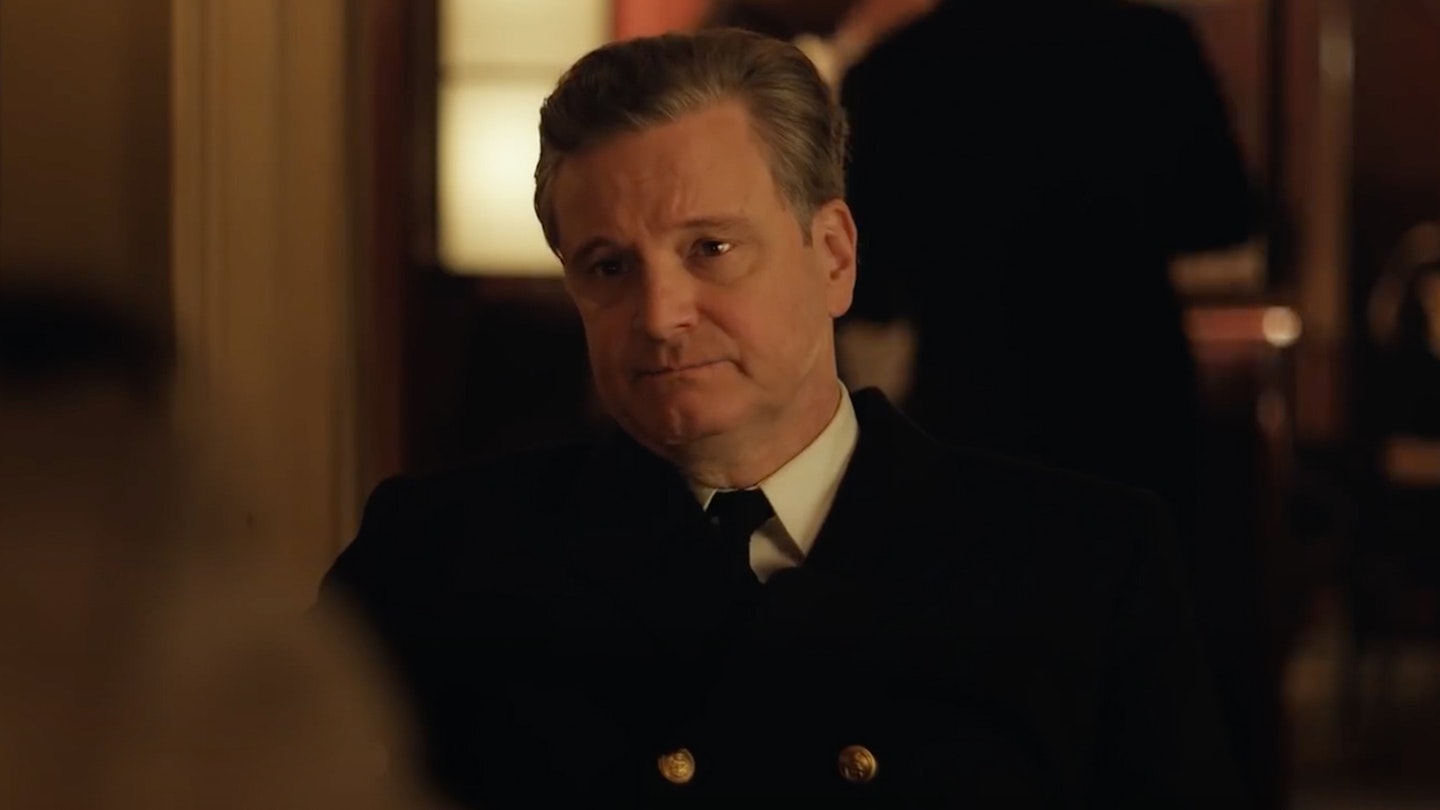
If you want anyone on your side in a fight against Hitler, Colin Firth is a strong choice – smart, reliable, and really very nice. For Madden, casting him as Montagu was a no-brainer. “We've been good friends and actually neighbours ever since I worked with him on Shakespeare In Love,” he explains. And while their schedules never quite aligned on intervening projects, it all came together for Operation Mincemeat. “When this project came up, it just seemed like such a glove fit. We had to make some adjustments in the story – which I don't apologise for at all – in terms of the age of some of the characters. As soon as Michelle and I had figured our way through that, I sent it to Colin and he became involved in it pretty quickly.”
High stakes hijinks
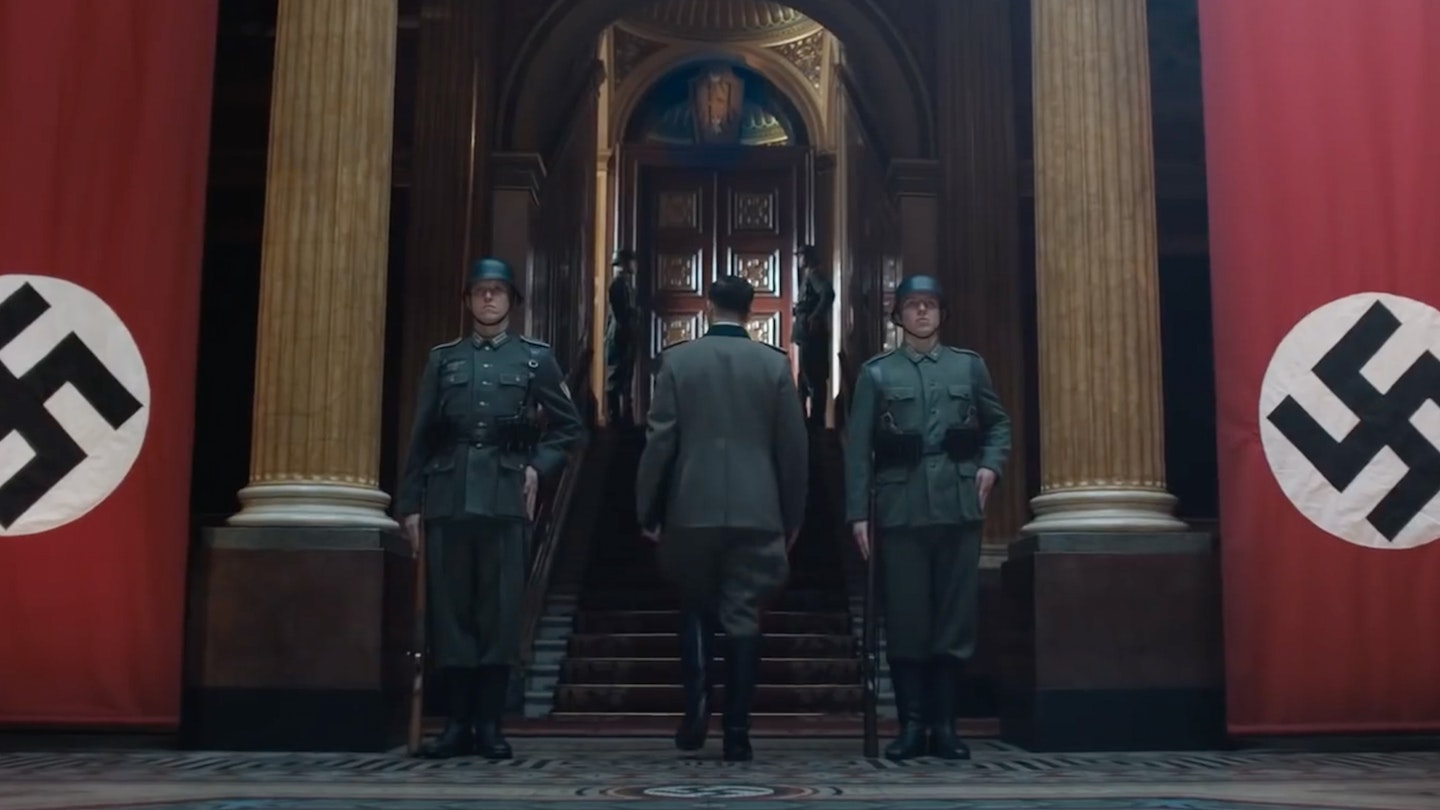
While most war movies are, understandably, an all-out serious affair, there’s a caper element to Operation Mincemeat’s unlikely narrative – one that intentionally contrasts with the very real consequences of making a misstep. “The stakes literally could not have been higher,” explains Madden. The film takes place in July 1943, with ultimate victory still two years away. “It's a turning point, where the Americans had just joined the war. Basically the whole of Europe was under Axis control. They were in a very, very difficult position to figure out how to get back on terms with Europe.”
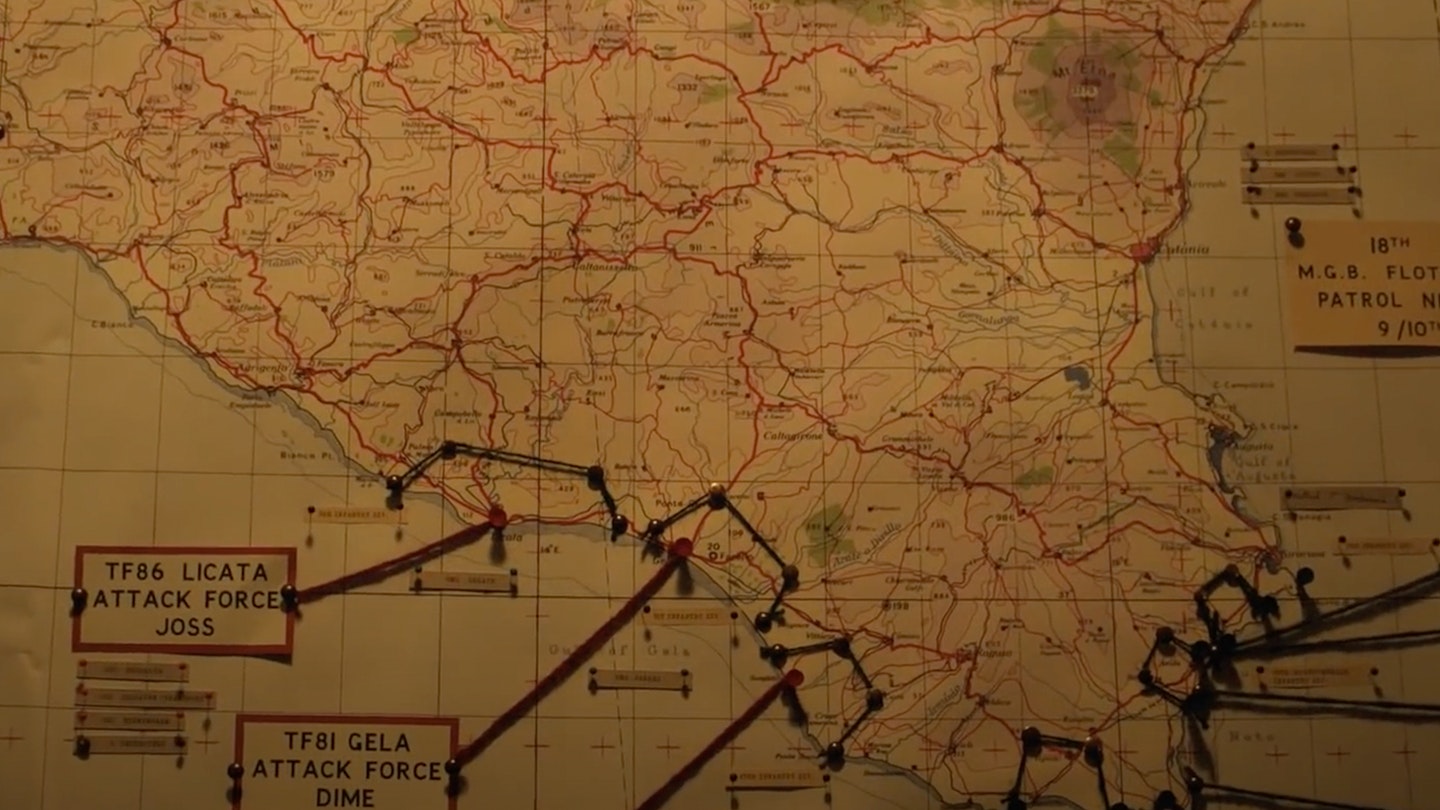
Tasked with persuading the Nazis that the obvious attack point of Sicily would not be the place the allies targeted, the dead body plot soon came together. “They almost had to come up with a plan that was so crazy, the Germans couldn't swallow it necessarily as something forged. They knew the enemy was trying to deceive them, so it had to be implausible enough to make it believable,” Madden says – hence the film’s tonal tightrope. “It’s very surprising and very unusual. It's not po-faced. The film doesn't always appear to take itself seriously because the idea of actually reanimating a dead man, in itself, edges over into Monty Python territory.”
Stories within stories

For the filmmaker, the notion of storytelling in the film – with our heroes cooking up a fake story for their decoy dead-guy, hoping to throw Hitler and co. off the scent – became its own alluring theme for Madden. “The fiction they created, we ourselves were creating a fictional version of that fiction,” he elaborates. “The story has a sort of metafictional dimension – the characters, the real people in our story, are themselves become wound-up, bound up, lost in the fiction that they're creating. They have the illusion of power over what they're doing, but actually as the story goes on, that power ebbs away to the point where they're left with uncertainty and fear and terror of how high the stakes are.”
Right-hand man
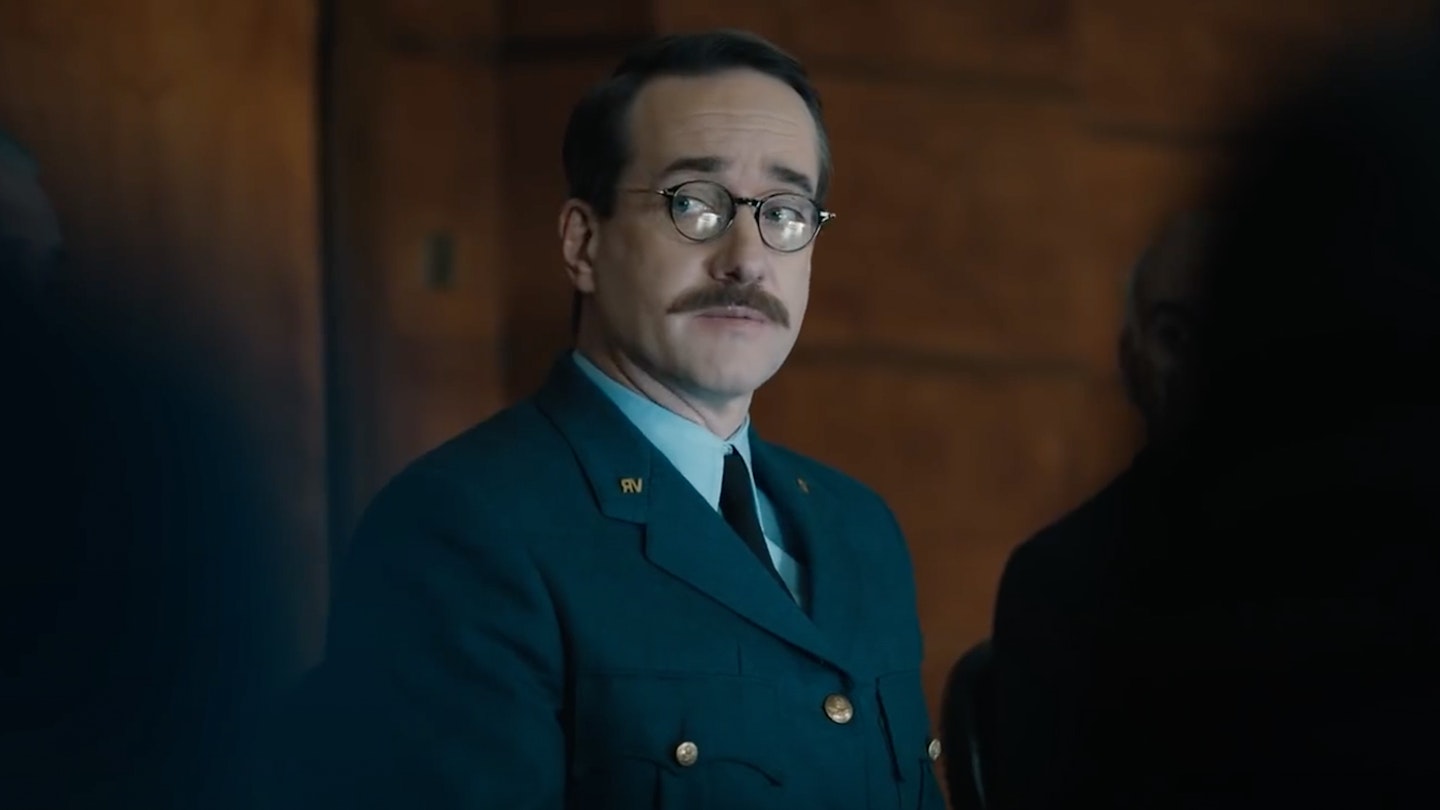
If Firth’s Montagu is at the heart of the film, Matthew Macfadyen’s Charles Cholmondeley is his most trusted partner in the operation. “He could not be, in every way, a more perfect piece of casting for that role,” laughs Madden. “[Cholmondeley’s] a very eccentric character, enormously tall, size 12 feet, very short sight. He hoped to be a qualified pilot, but he was too big to go into a cockpit, and his eyes weren't good enough, which is why he ended up in intelligence.” And speaking of people ending up in intelligence…
The name’s Fleming. Ian Fleming.
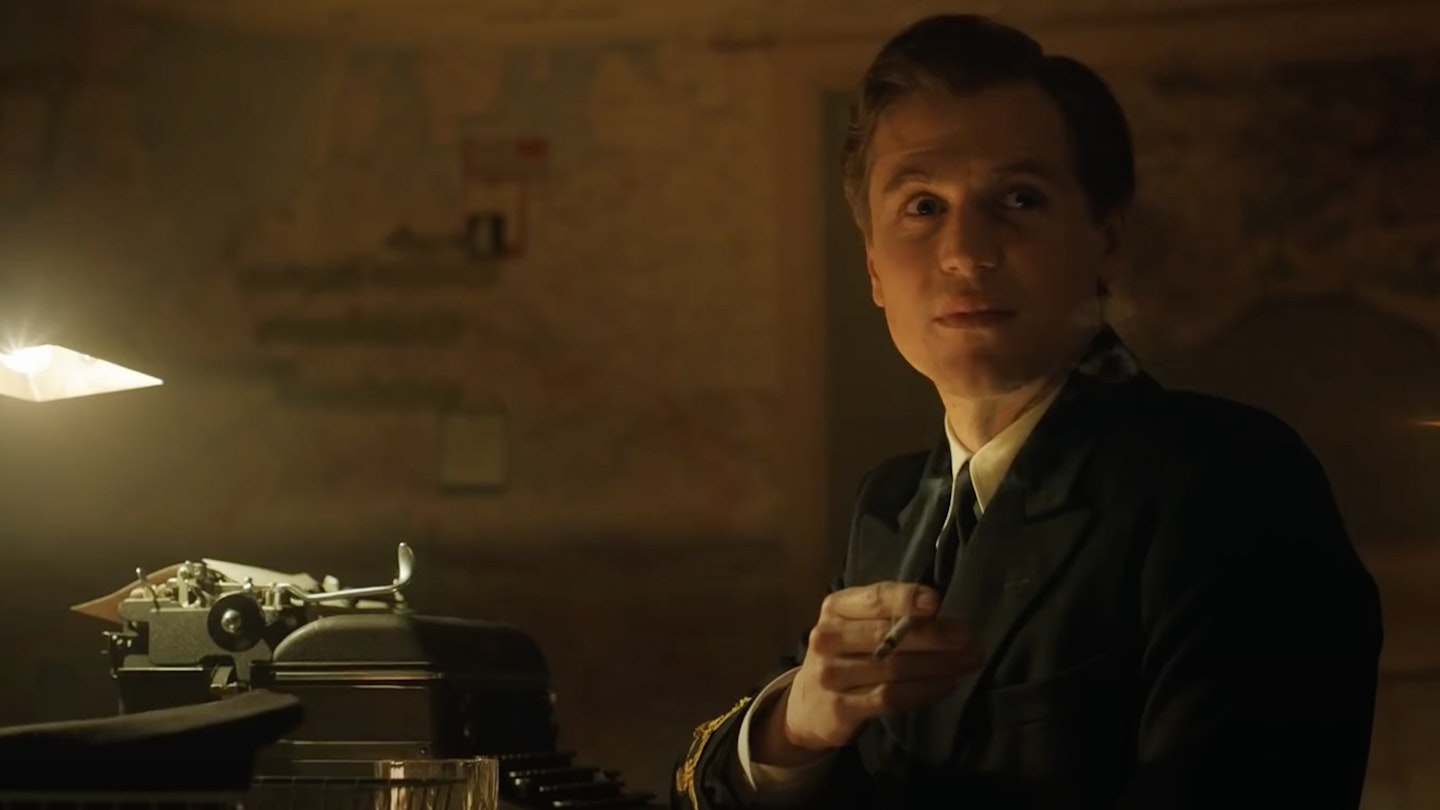
Another historical figure embroiled in the story is none other than James Bond creator Ian Fleming (played here by Johnny Flynn), who was part of British intelligence’s ‘Twenty Committee’. “It was called that because they put two ‘X’s on the door of the room that they met in, which stood for 'double cross'. So the double ‘X’s were two tens making twenty,” explains Madden. “Half of them were novelists – one of the most famous novelists of espionage literature was sitting right in the middle of that whole committee and our story.”
Again, Fleming’s presence gives rise to that notion of fiction-within-fiction. “The sense of the pleasure of surprise in a story, something not being what it might initially have appeared to be, is all sewn into the fabric of what it is,” says Madden, teasing a true-lift tale as twisty as any Bond plot. “To me, one of the great pleasures of watching a film is having a rug pulled out from underneath you – not a pleasant experience in real life, but in a movie it's thrilling and delightful. This story keeps on turning corners you're not expecting it to.” Martinis all around, please.
Women at war
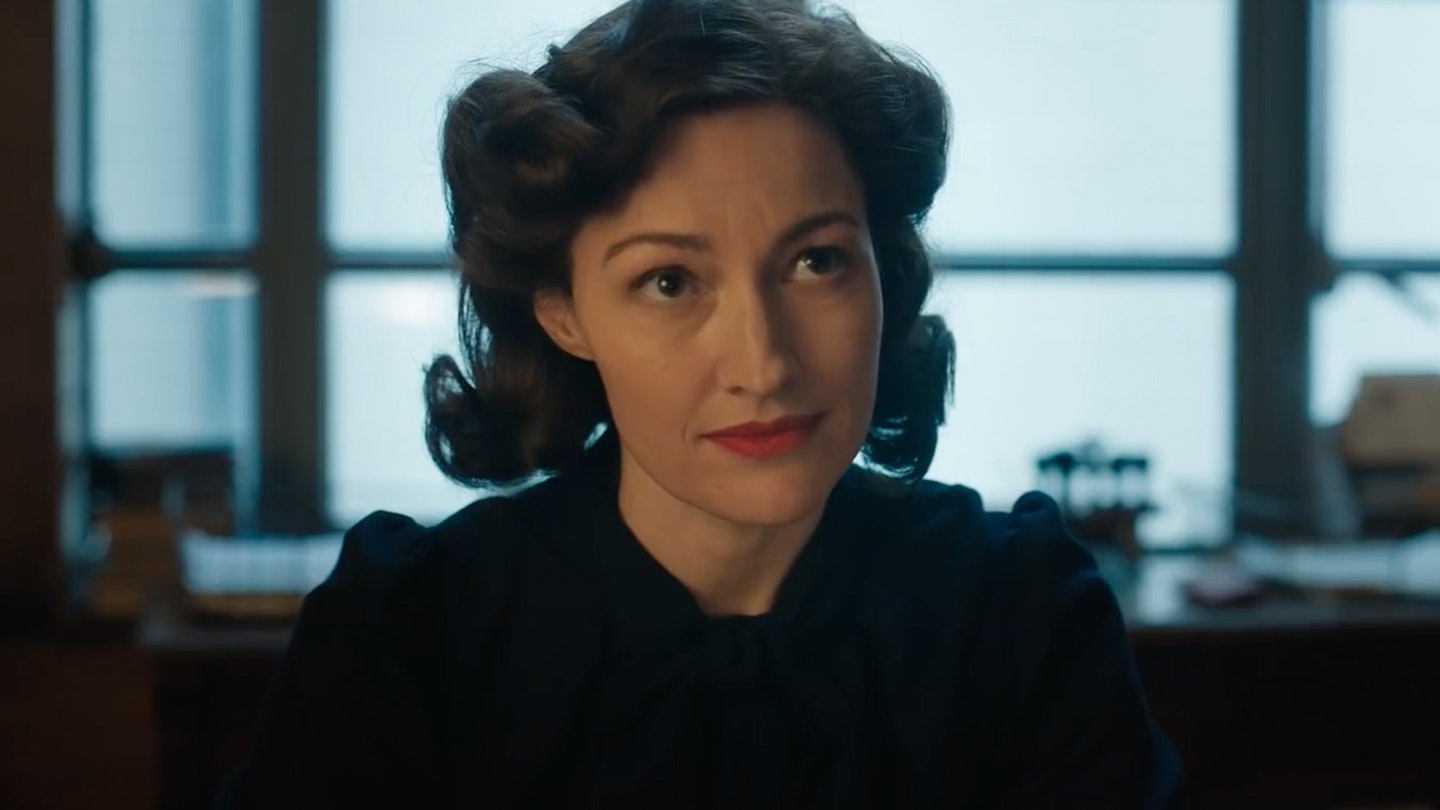
While most war movies tend to be male-dominated, Operation Mincemeat’s central quartet includes two pivotal female characters, which – as Madden points out – is “unusual for these kind of films”. Cooking up the crackpot story with Montagu and Cholmondeley are Jean Leslie, played by Kelly Macdonald, and Hester Leggett, played by Penelope Wilton.
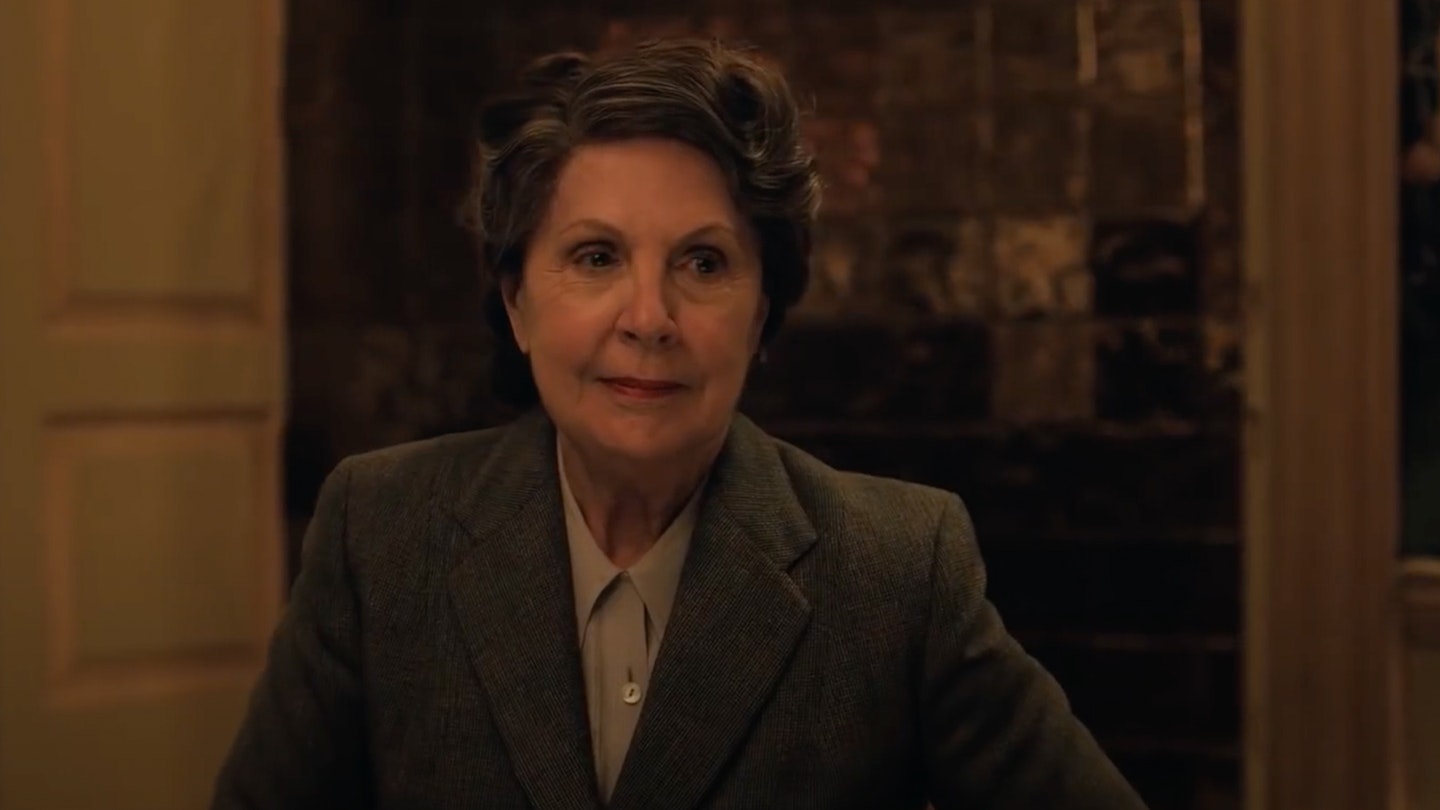
“These two women were very instrumental in the development of the plot, and had roles in the fiction they created which they fell into themselves,” Madden explains. “Kelly Macdonald is playing a role that’s unlike what you’ll have seen her play before, and Penelope Wilton is in a direct line as a development from Judi Dench in Shakespeare In Love, and Maggie Smith in Best Exotic Marigold Hotel – in other words a sort of all-seeing, all-knowing character who sits slightly above what's happening.”
Take me to Churchill
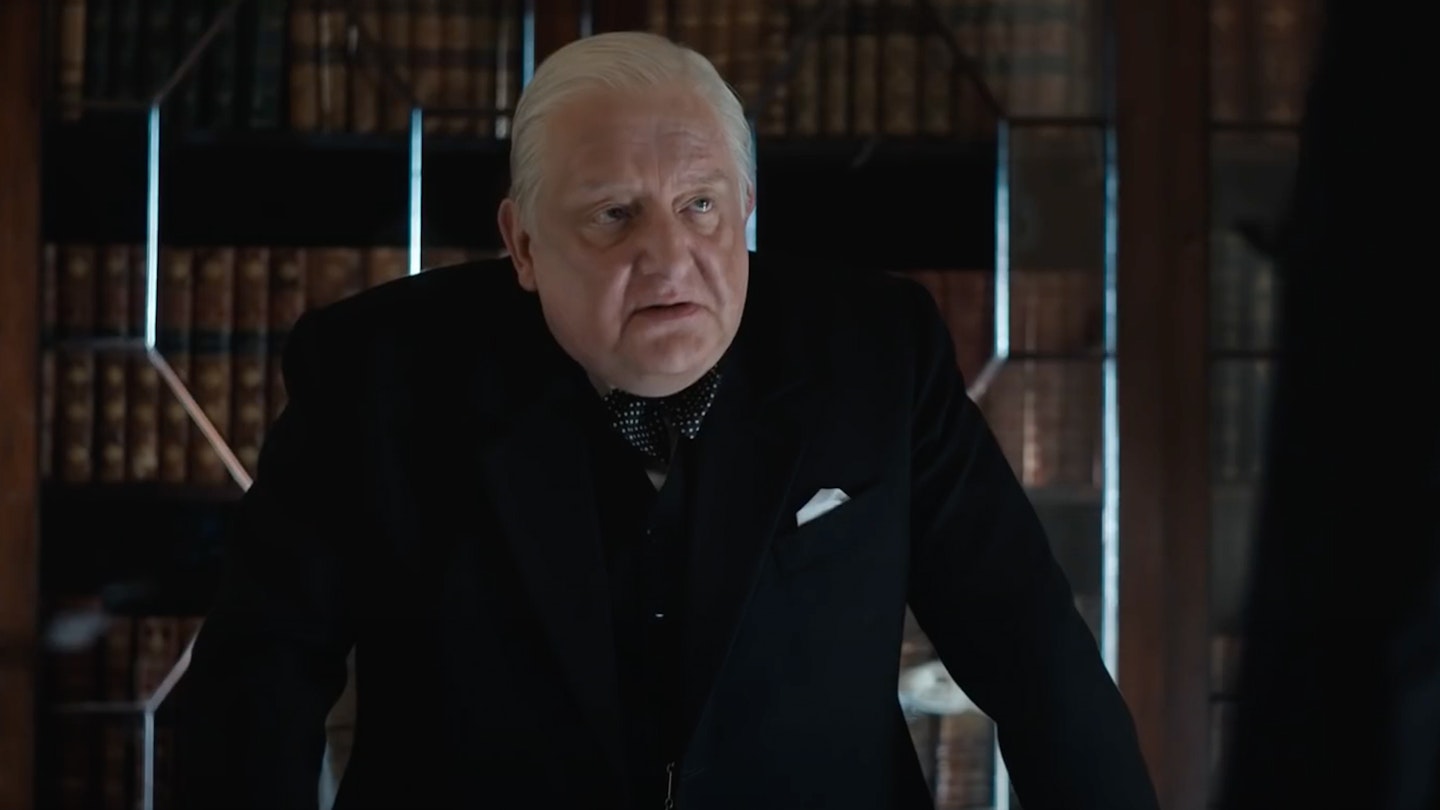
Looming in the background of the story is Winston Churchill – taking place three years on from the events of Darkest Hour, and swapping Gary Oldman (and his many prosthetics) for Shakespearean legend Simon Russell Beale. “Darkest Hour obviously went the full monty and created a character where you almost couldn't see the actor underneath the portrayal because it was so uncannily close to who he was. At the same time, [Churchill] falls into the category of a Shakespearean role, really, where it's the actor and the interpretation of the character becomes the thing,” says Madden. Beale was his top choice. “He was actually the very first part I offered in this – Simon had always been my choice from the first moment of reading it. There's a sort of gravitas to him, and a physicality.”
The beach battle
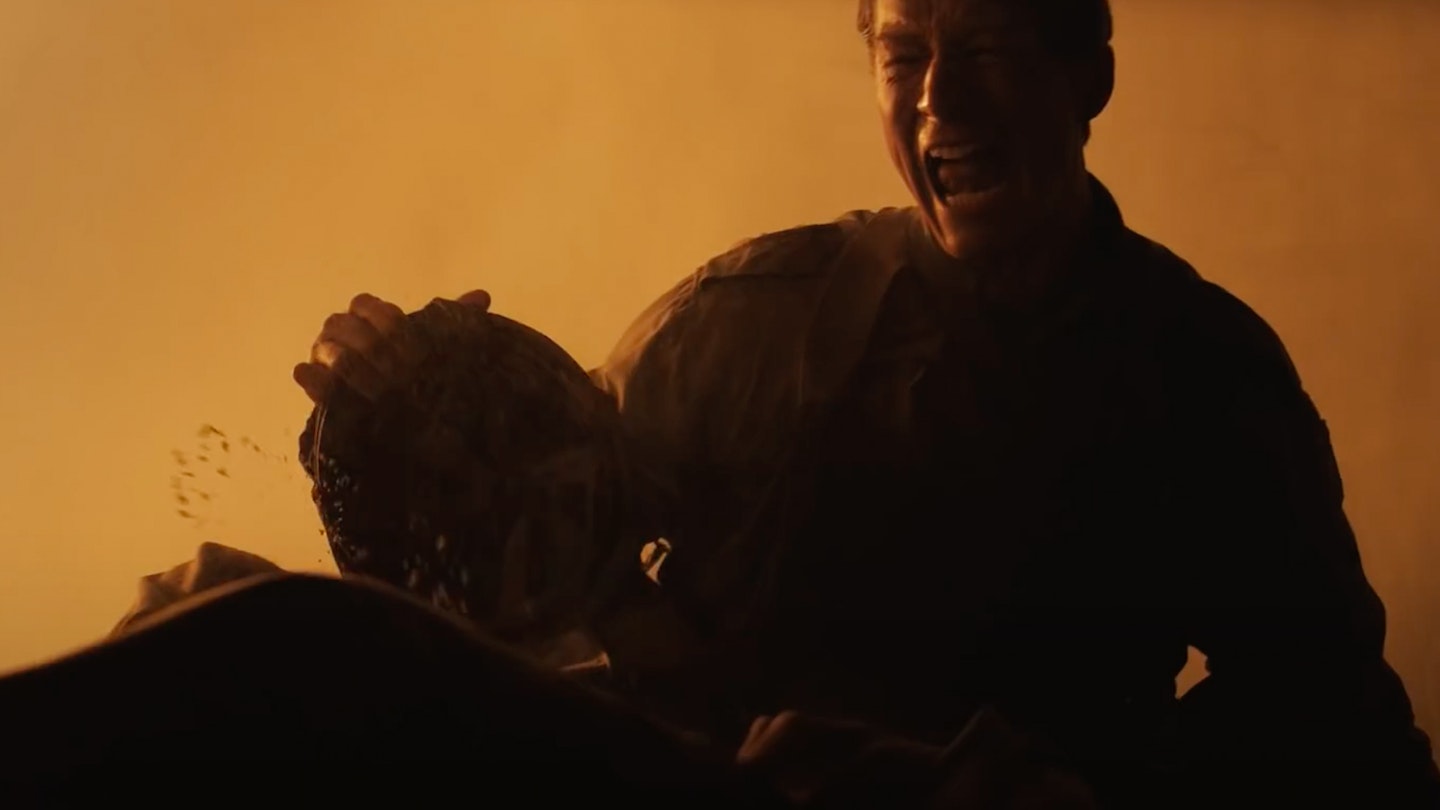
While most of Operation Mincemeat takes place in the backrooms where the schemes were being hatched, the end of the trailer shows that the film will also be heading to the frontlines – depicting the physical cost of the decisions made back home. “[The battle sequences] have a particular way of operating within the story,” Madden says. “There is a notion of a hidden war, which is really what our film is about – the people who are devising a strategy to enable the seen war, the physical war that is actually unfolding.” And with Montagu and Cholmondeley having no way of knowing whether their plot was successful or not, it’s all to play for when the Sicily invasion takes place. “It's the climax of the story. It's actually a cliffhanger, because nobody at that point had any idea how that was going to work out. You simply knew what the dangers were, and what might or might not occur as a result of it.” It should make for a tense rise – though, spoiler alert, something tells us the good guys ultimately win.
Operation Mincemeat comes to UK cinemas in January 2022.
